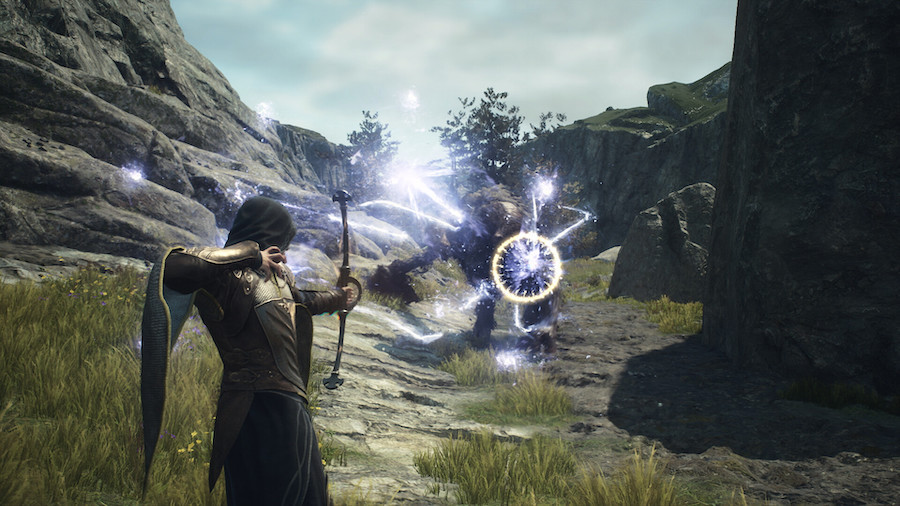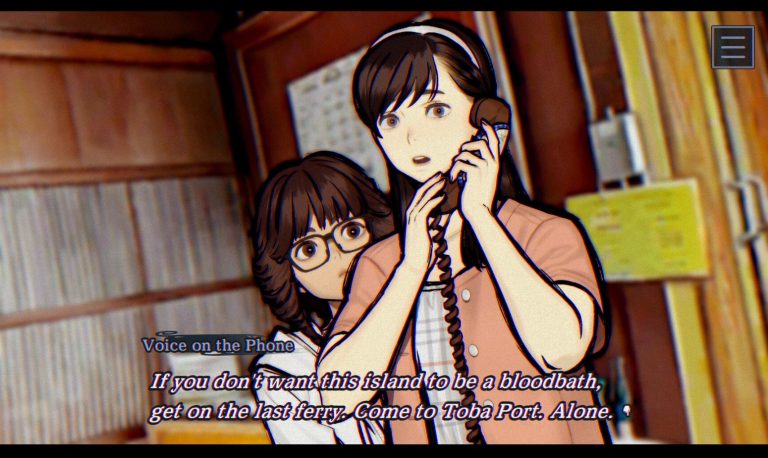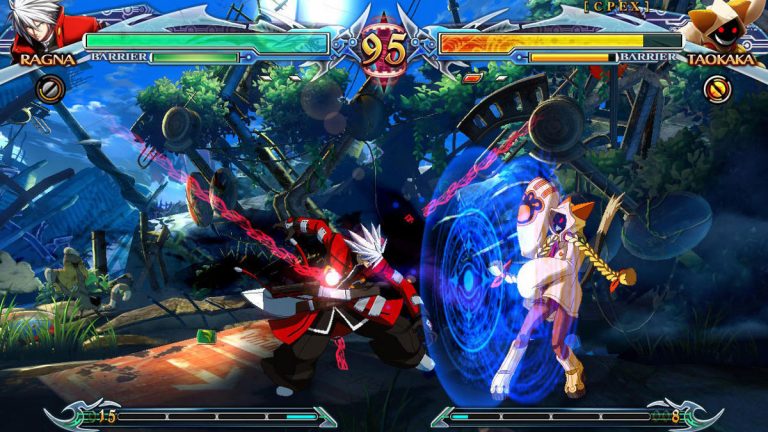At the Tokyo eSports Festa 2025 held from January 10 to 12, a joint conference on the topic of “The Importance of Intellectual Property Rights in the Game Industry” was organized by Japan’s Association of Copyright for Computer Software (ACCS). Guest speakers included legal representatives from major Japanese game companies like Capcom, Nintendo, Sega, Konami and Koei Tecmo.
One of the topics discussed during the conference was the handling of intellectual property rights (such as patents, copyrights and trademarks) among industry competitors (as reported by GameWatch). Video game-related patents and litigation involving them are controversial topics for developers and gamers alike, as some consider them to be detrimental to innovation and a means for big companies to monopolize technology while “bullying” smaller peers. However, the Tokyo eSports Festa conference offered some counter arguments in favor of fortifying protection of intellectual property in the game industry.
Before moving on, please note that intellectual property laws differ depending on the country, and that patents are territorial rights, meaning they are only applicable in the country they were granted in. The following is centered on Japan and how Japanese companies handle their intellectual property.
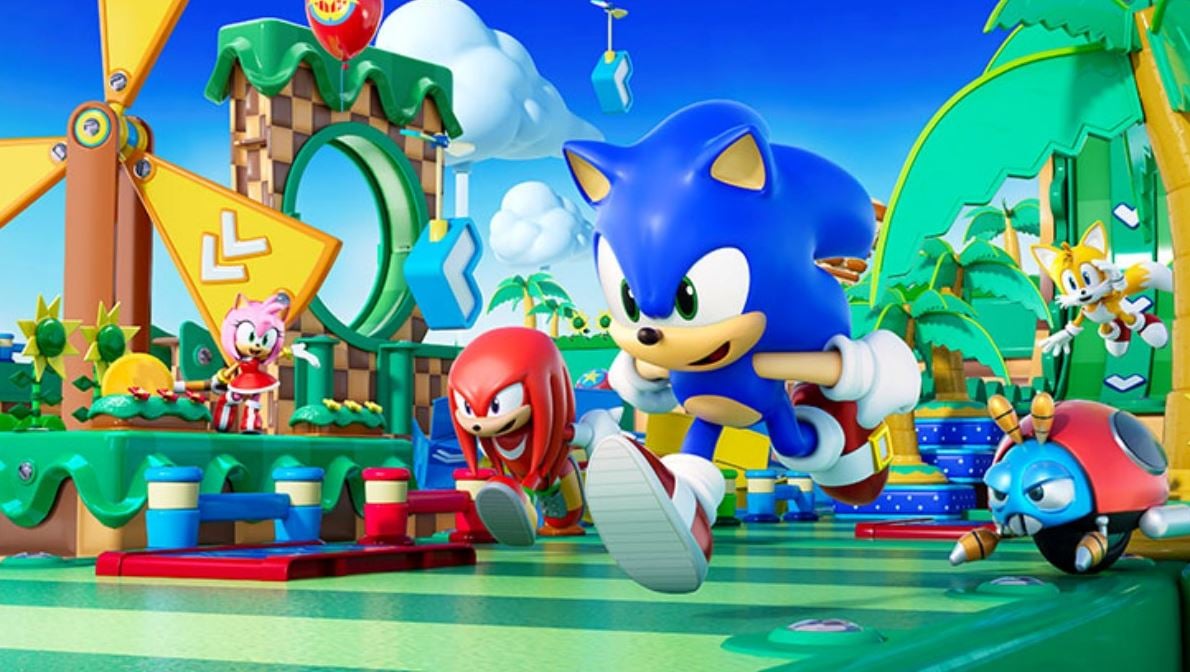
Kikuo Matsumoto, head of Sega’s Corporate Development HQ (in charge of legal, HR and IP affairs) started off by establishing that the game industry has evolved through creators “imitating” and building upon each other’s ideas, and that there is nothing wrong with taking inspiration from the works of another company.
On the other hand, Matsumoto mentions that there is a limit to how much you can “imitate” before it becomes a problem (however, he notes that cases of “malicious” infringement have drastically decreased in recent years). Sega takes action only when this limit is exceeded.
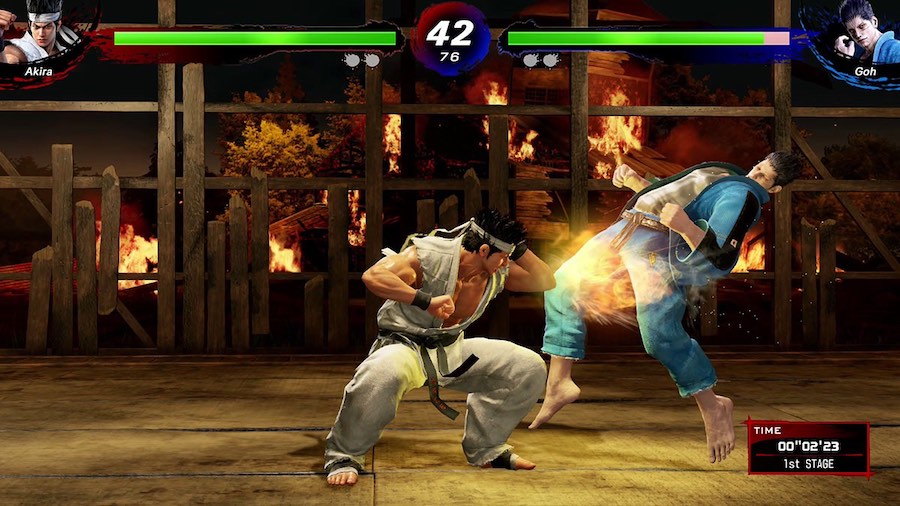
As for patents specifically, Matsumoto explained that Sega is actively filing patent applications for new technological solutions that arise during game development, and this has a lot to do with how expensive it’s become to make games. Sega does not register patents so that it can monopolize technology and use it exclusively, but rather with the policy that other parties can use Sega’s solutions as long as they apply for a license and pay an appropriate price for it.
He doesn’t say it directly, but Matsumoto seems to be implying that patent registrations are an important source of income that Sega needs in order to sustain its high-cost game development. Thus, the objective is not to block peers from using the technology, but to secure royalties.
Shunsuke Murase, the general manager of Konami’s legal department, spells this out more clearly, commenting that with development costs ballooning to billions of yen per title, licensing out new technology and game mechanics to other companies is an important means of recouping investment. He also suggested that if Konami didn’t adequately protect the inventions born from their developers’ research, the developers would lose their incentive, negatively impacting innovation in future games and creating a “vicious cycle.”
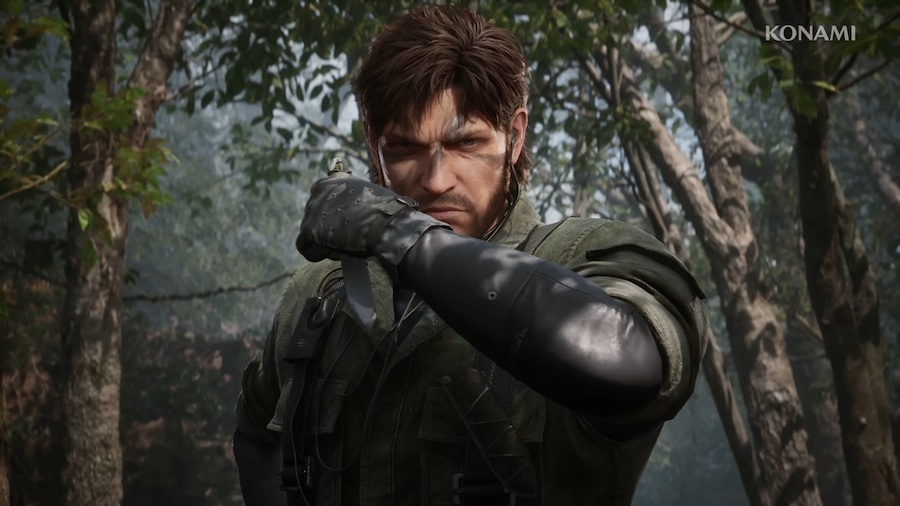
Capcom offers another angle. Motoki Okuyama, general manager of Capcom’s legal division, suggested that patents indirectly play an important role in protecting the brand. According to Okuyama, the damage bootleg products and copies can do to one’s brand is serious enough to “jeopardize the survival of the company.” But as copyright laws can’t be used to protect game ideas themselves, Capcom uses a “mixed intellectual property strategy,” actively pursuing patent registrations as well as trademarks.
As it’s notoriously difficult to prove copyright infringement in litigation, Okuyama may be suggesting that patents are a useful tool to fall back on instead. On a somewhat related note, people were surprised when Nintendo and The Pokémon Company sued Palworld developer Pocketpair over patent infringement rather than copyright infringement, but legal experts have suggested that this decision was made because Palworld “narrowly avoids” the kind of similarities that could legally constitute copyright infringement, making patent-related litigation a safer bet.
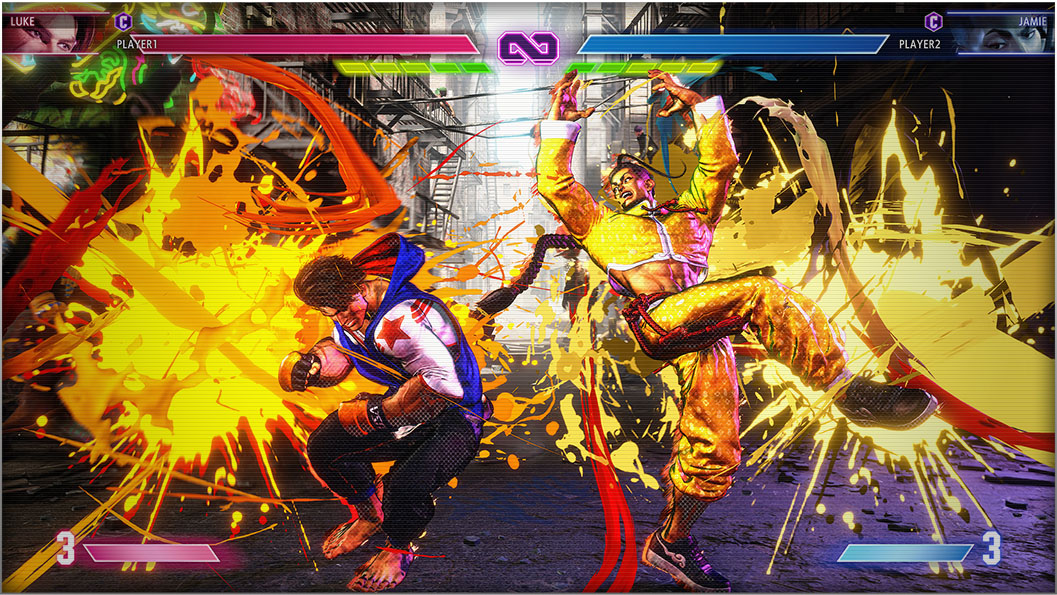
That’s not to say that Capcom is holding onto patents solely with litigation in mind, as Okuyama, much like Sega and Konami’s representatives, also stresses the importance of mutually licensing out technologies among peers.
Lastly, Nintendo’s patent attorney and legal department head Koji Nishiura explained that Nintendo actively acquires various forms of intellectual property rights (such as patents, design rights, trademarks and copyrights) because each can provide a different scope of legal protection. Nintendo takes advantage of said rights in a multifaceted way to protect their brand. In this context, Nishiura comments that intellectual property rights are “essential for the healthy development of the game industry.”

